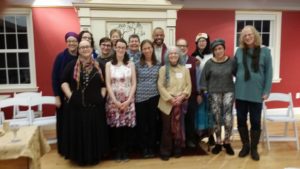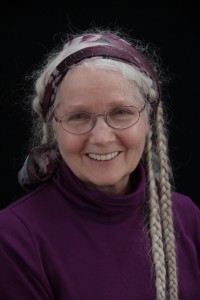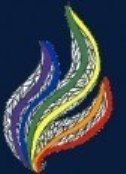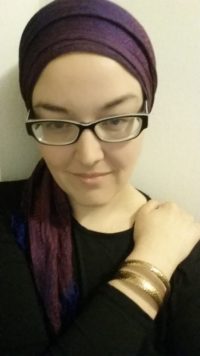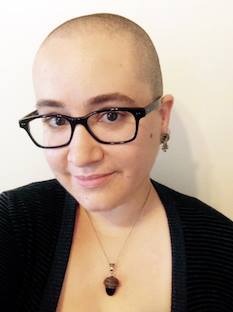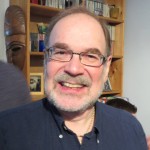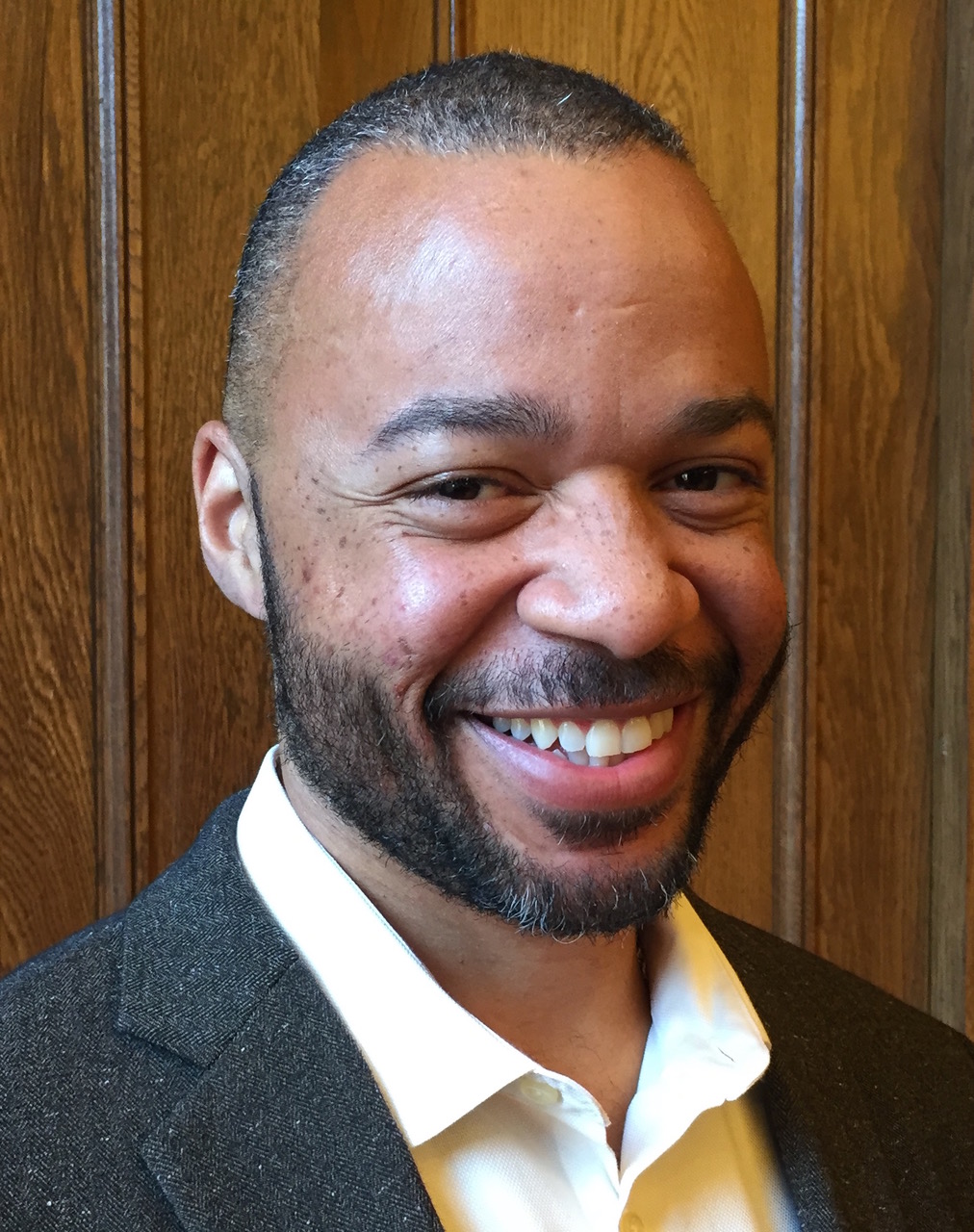Ruach HaYam Facebook Subscribe to newsletter
Ruach HaYam Workshop @ Congregation Eitz Chayim, Cambridge, MA
July 31, 2017. See end of post for logistics.
This study is led by Jonah P
We’re very excited to have guest teacher Jonah P back for a second year! Don’t miss this opportunity!
The Talmud was the project of hundreds of male rabbis over many generations. When and where do women’s voices appear? Who are the female characters who elbow their way into the stories and legal cases? What wisdom did they leave us with? In this session, we will listen to these women’s voices and attempt to understand how their experiences influenced the legal system of their day and shaped the wisdom of the Talmud.
This will be a text learning session which is open to any learning background and friendly to beginners (English translations provided for everything).
About the facilitator: Jonah P. has been reveling in the intersection of queer/trans and Judaism since becoming active in the Boston Jewish community in 2011. He recently completed a year of learning at Yeshivat Hadar and is currently learning in Jerusalem.
- Ruach HaYam study sessions provide a queer Jewish look at text, but are open to any learning or faith background and friendly to beginners.
- Study starts promptly at 7:15 pm. However we open the doors at 6:45 for schmoozing. Feel free to bring your own veggie snack for the early part.
- A parking consideration is in effect for the three blocks around EC during all regularly scheduled events. It’s a good idea to put a note in the windshield that you are attending an event at EC.
- Accessibility information: all gender/accessible bathrooms, entry ramp.

